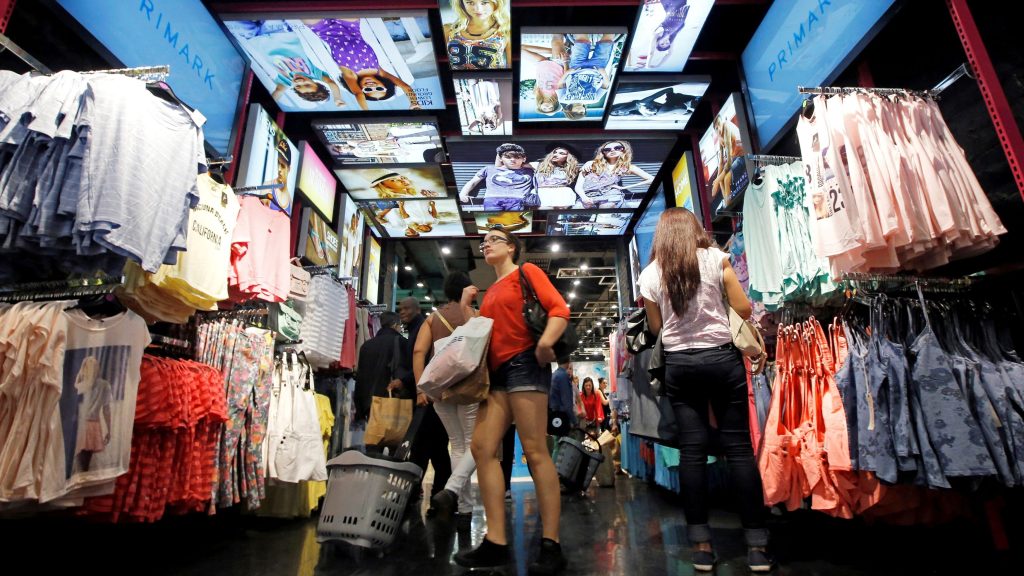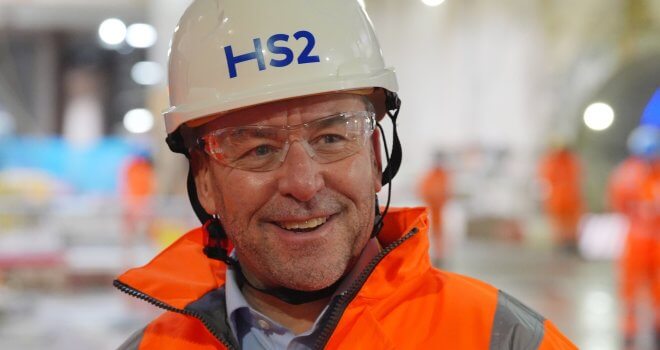Retailers To Tackle Sustainability At Key Conference

Global fashion retailers gathering in Barcelona this week will discuss how they respond to pressure from regulators and consumers to move to more sustainable models while reversing declining sales in Europe.
Executives from companies including Chinese fast-fashion retailer Shein, Spain’s Mango, and Ireland’s Primark are among those attending the World Retail Congress, one of the industry’s biggest annual conferences.
They will discuss the challenges facing their businesses as inflation causes consumers in Europe and elsewhere to reduce spending. Tougher European regulations will also feature.
The European Commission is drawing up new rules on textile waste that will make companies responsible for managing the waste their products create.
“There is pressure building up from regulators on the fast fashion model which is premised on high volumes and affordable prices,” said Valerie Boiten, senior policy officer at the Ellen MacArthur Foundation, a non-governmental organisation that works with H&M, Inditex, Mango, Primark, and Zalando.
Consumers in the European Union throw away about 5.8 million tonnes of textiles every year, according to the European Environment Agency.
“The current model is set up for failure if you take into account climate change and resource scarcity,” said Boiten.
There is a business case for making the fashion industry more circular, she added, but it will rely on creating multiple revenue streams from existing products. The EU is trying to shift towards a “circular” economy, or one where industries reuse and recycle materials rather than using up finite resources to make new products.
With companies like Zara-owner Inditex showing no signs of slowing down production, they are instead looking to use less water and energy, and more recycled textiles.
Brands like H&M, Zara and Uniqlo have started selling garment repair services at some of their stores. At its store in London’s Battersea Power Station, Uniqlo also sells worn jeans and shirts patched with Japanese-inspired “sashiko” embroidery, priced at a premium to new garments.
This month Zara launched its first women’s collection made from recycled textiles supplied by Circ, a U.S. company in which Inditex and Bill Gates have invested. Circ owns technology that separates cotton from polyester in old garments to create new fabric.
Decathlon, the world’s biggest sporting goods retailer, sells repair services, spare parts and tools for people to repair their own bicycles, tents, and kayaks.
“The equation we are trying to solve is how to keep growing, while reducing our carbon footprint,” Fouad Latrech, chief technology officer at Decathlon, told Reuters.
Retailers are working with local authorities ahead of an EU law that will require member states to separately collect textile waste by Jan. 1, 2025. Firms including Decathlon, Mango, Inditex, and IKEA recently created an association in Spain for the management of textile waste.
“Any retailer that is not thinking about sustainability and how that plays out in all aspects of its brand, and across the entire value chain, is asleep at the wheel,” said Emma Beckmann, EMEA president at brand consultancy Landor & Fitch.
(Reporting by Helen Reid, additional reporting by Corina Pons; Editing by Matt Scuffham and Stephen Coates)




